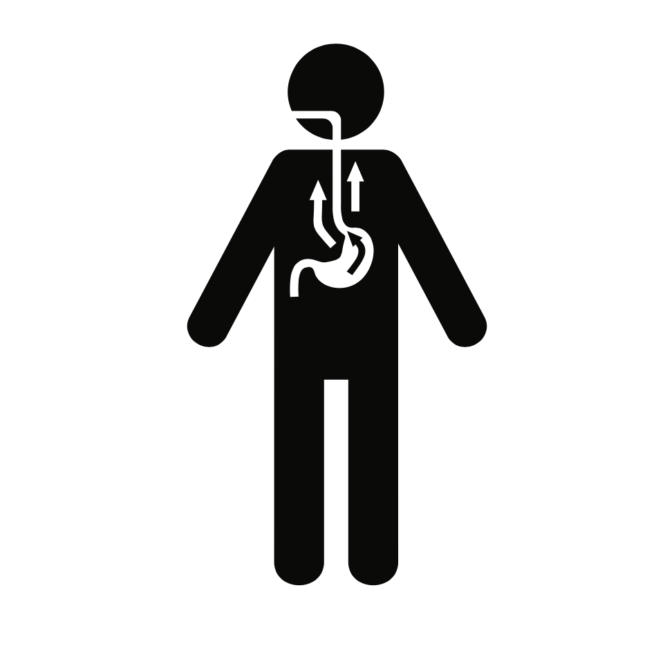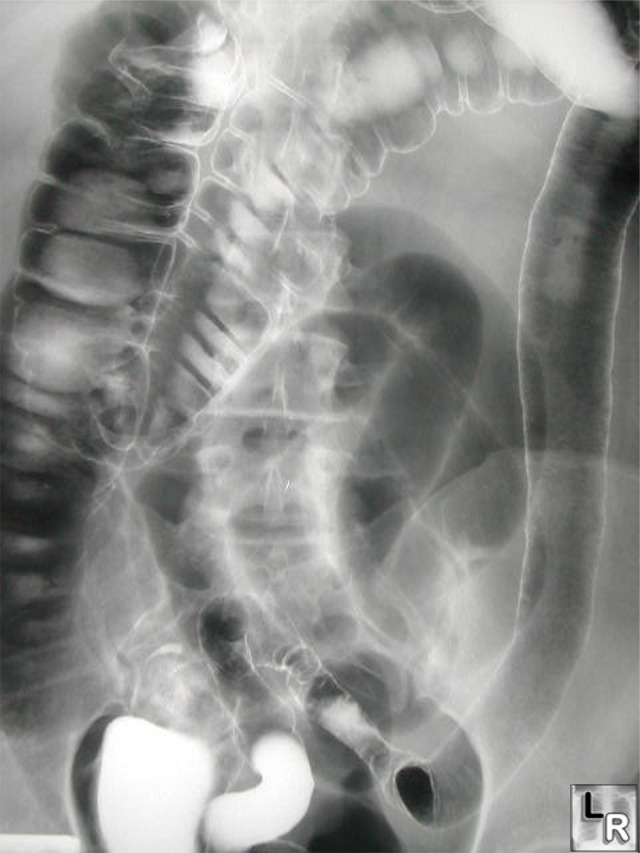Category: Gastroenterology
-

The Clinical Significance of the Various Descriptions of Vomitus
Undigested food → esophageal issue (e.g., pharyngeal pouch or achalasia). Note: this is not really vomiting, but regurgitation, which is much less forceful and does not come from the stomach (and therefore not associated with nausea!) Non-bilious, with partially digested food → Gastric outlet obstruction (e.g., from peptic ulcer disease or malignancy, or from pyloric stenosis) GastroparesisVomiting…
-

Inflammatory Bowel Disease: Crohn’s Versus Ulcerative Colitis
The best way to appreciate and remember the differences between Crohn’s disease and ulcerative colitis, both inflammatory bowel diseases, is to juxtapose them and compare them in a pairwise fashion: Transmural vs. Mucosal Only Transmural: This is the most important distinguishing feature of Crohn’s disease. The transmural nature of the disease is what leads to…
-

Chronic Diarrhea: Laboratory Medicine Tips and Tricks
Routine labs can tell you a great deal about your patient’s chronic diarrhea: Potassium: Potassium should, of course, be low in patients with chronic diarrhea. If it is high and the patient has normal kidney function, then your patient may have Addison’s disease, or primary adrenal insufficiency. Microcytic anemia: microcytic anemia suggests anemia of iron…